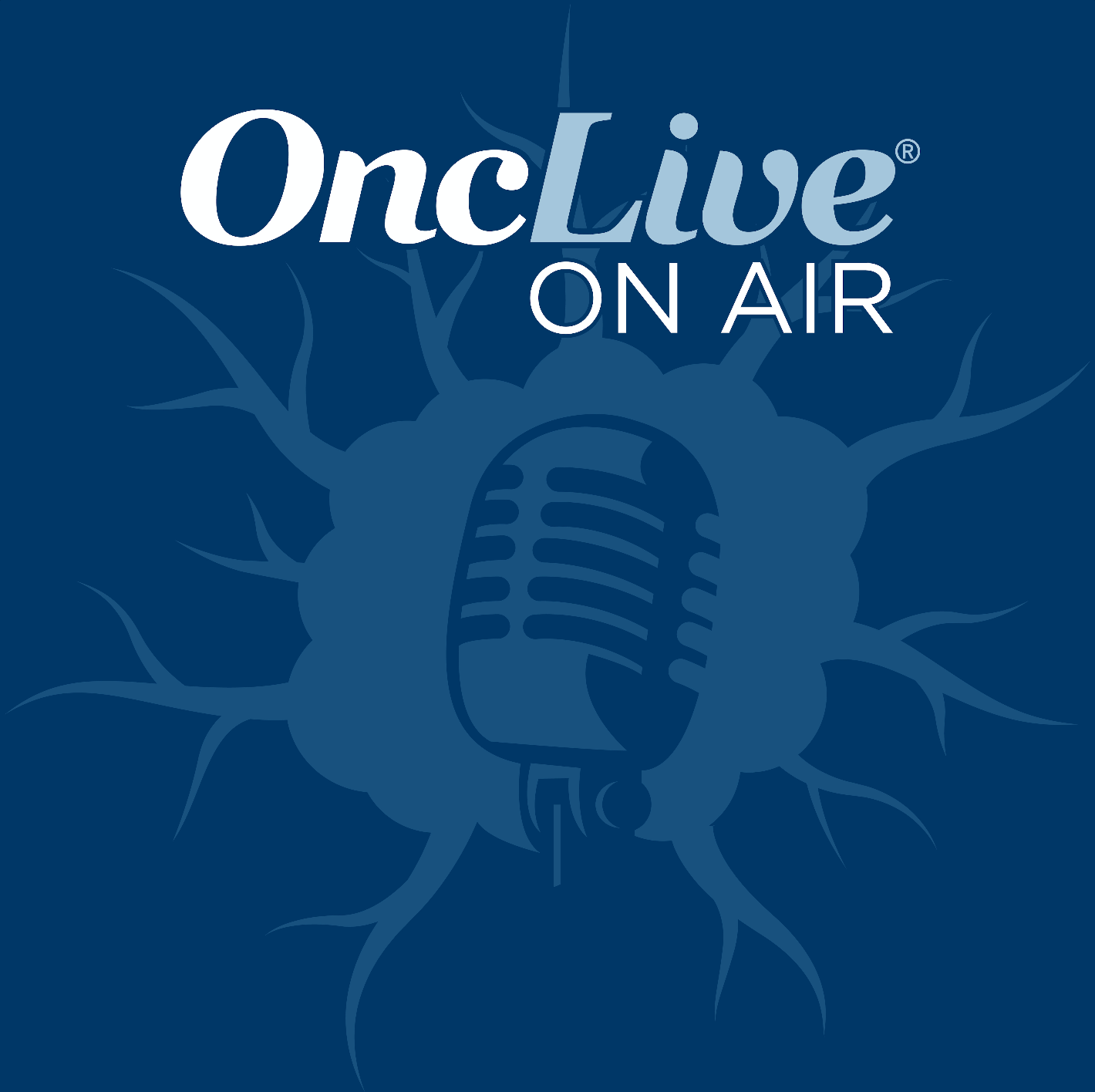Video
Dr. McBride on the Regulatory Pathway for Biosimilars in Oncology
Ali McBride, PharmD, MS, BCOP, FASHP, FAzPA, clinical coordinator, Hematology/Oncology, The University of Arizona Cancer Center, clinical assistant professor, The University of Arizona College of Pharmacy, discusses the regulatory pathway for biosimilars in oncology.
Ali McBride, PharmD, MS, BCOP, FASHP, FAzPA, clinical coordinator, Hematology/Oncology, The University of Arizona Cancer Center, clinical assistant professor, The University of Arizona College of Pharmacy, discusses the regulatory pathway for biosimilars in oncology.
Biosimilars have led to the development of a new regulatory pathway for biologics, says McBride. In the past, generics, apart from brand name drugs, were the only agents that had an established system of regulation. Prior to the Hatch-Waxman Act, there were no generics for biosimilars because there was no pathway, says McBride.
Similarly, prior to the Affordable Care Act (ACA), there was no pathway that defined what a biosimilar was and what criteria should warrant an approval. Since the ACA was established, the FDA has established regulatory guidance regarding interpretations of immunogenicity and interchangeability that have led a number of approved biosimilars, concludes McBride.





%201%20(1)-Recovered%20copy.jpg?fit=crop&auto=format)


%201%20(1)-Recovered%20copy.jpg?fit=crop&auto=format)